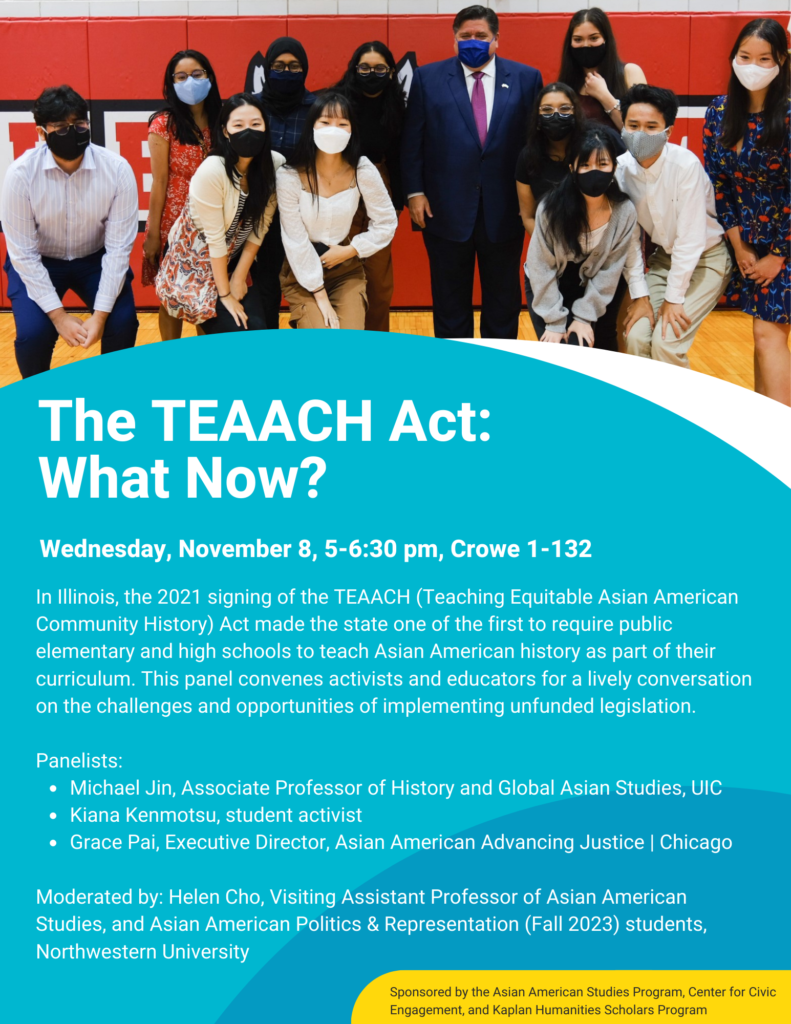“Surviving the Bomb in Diaspora: Intergenerational Suffering and Justice-Seeking Among Korean Pihaeja” by Naoko Wake and Michael R. Jin. The American Historical Review (2025) 130 (3)
Uncovering the voices of the Korean diasporic atomic bomb survivors across multilingual and transimperial spaces in archives and memories in East Asia and the Americas, Naoko Wake and I explore the historical meaning of compensatory justice for those who have been deprived of their national right of redress. Korean atomic bomb victims’ lifelong struggles for survival after World War II have hinged on their confrontation with multiple forms of colonial and state violence across national borders that have severely compounded their redressability. Their history exposes the fundamental limits of the postcolonial discourse on human rights that has privileged justice adjudicated by nation-states. The voices of these survivors of multiple generations across the transpacific diaspora also offer powerful insights into the role of the United States in the interimperial history of not only the bombs but also their victims, spanning a longer period than customarily assumed by historians. To gain such insights, this article elucidates how Korean survivors have formed their diasporic identities, memories, and activism as they have grappled with the fraught, US-centric notion of compensatory justice and, by extension, offered textured critiques of the dualistic notion of the war between Japan and the United States that has circumscribed the bomb’s historiography.





